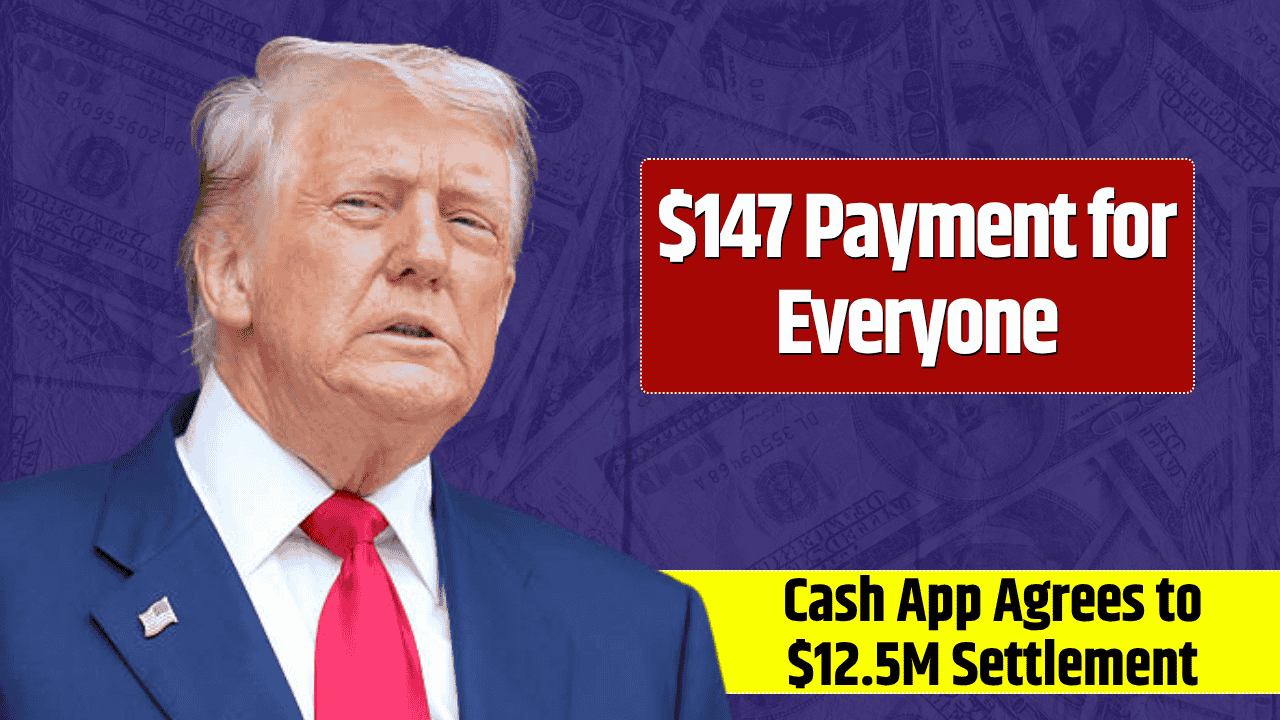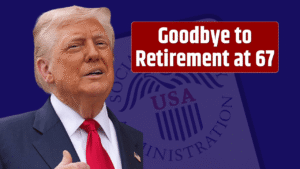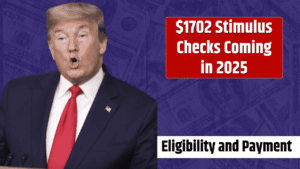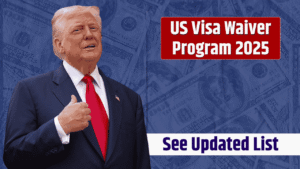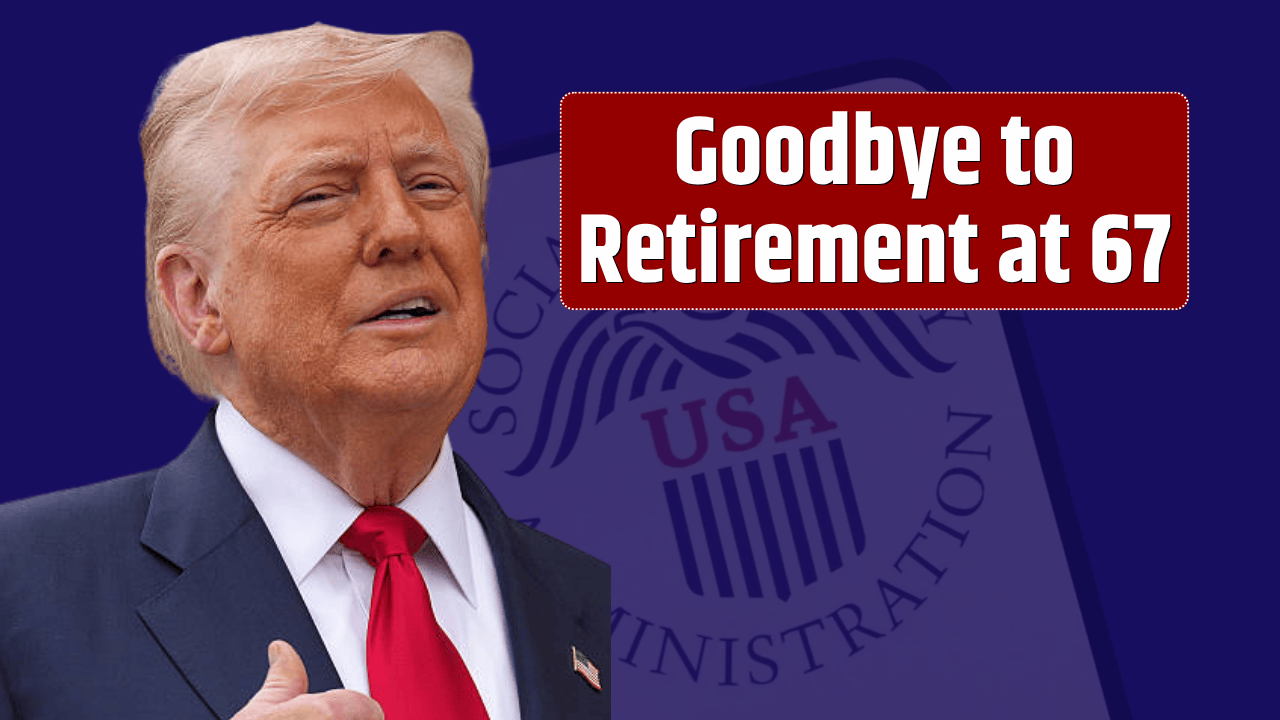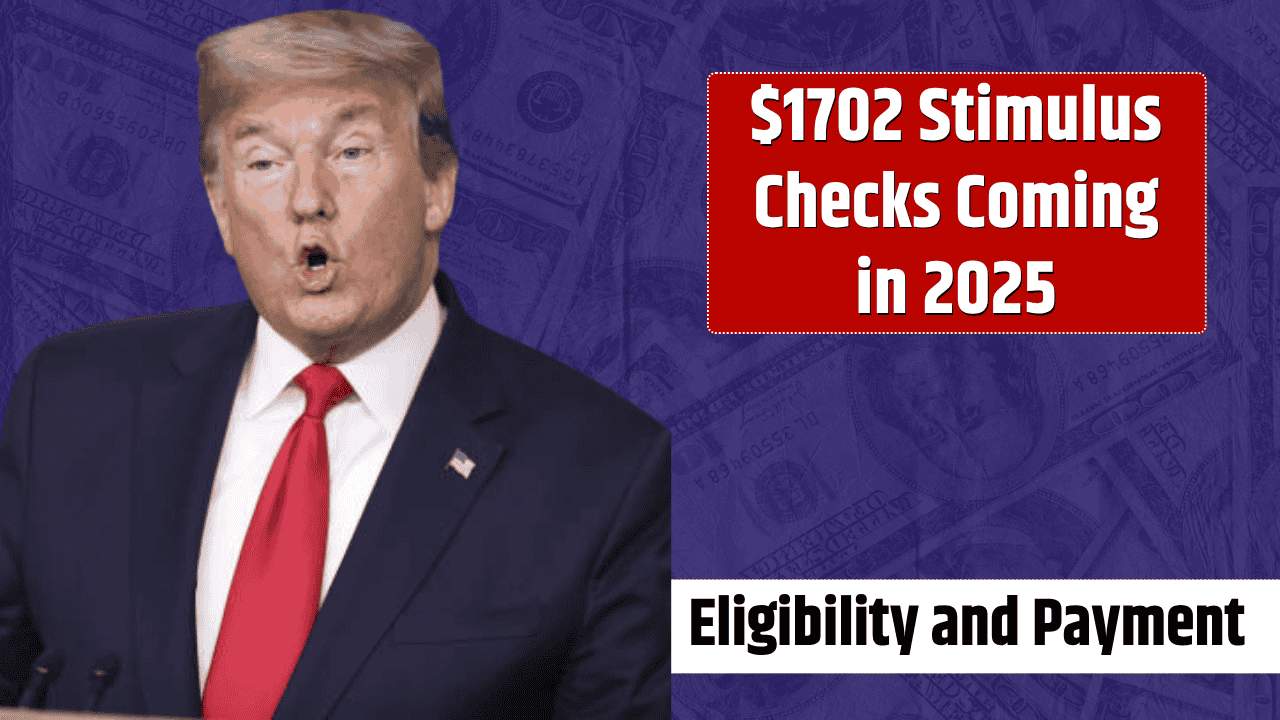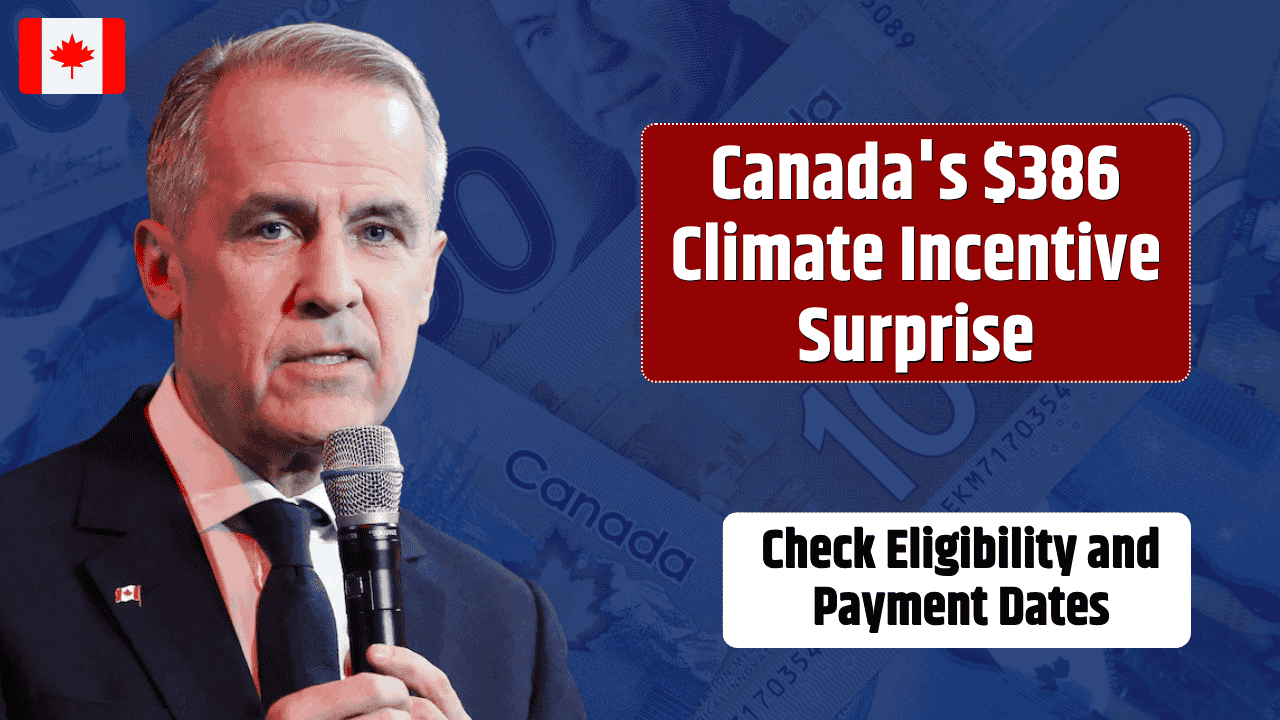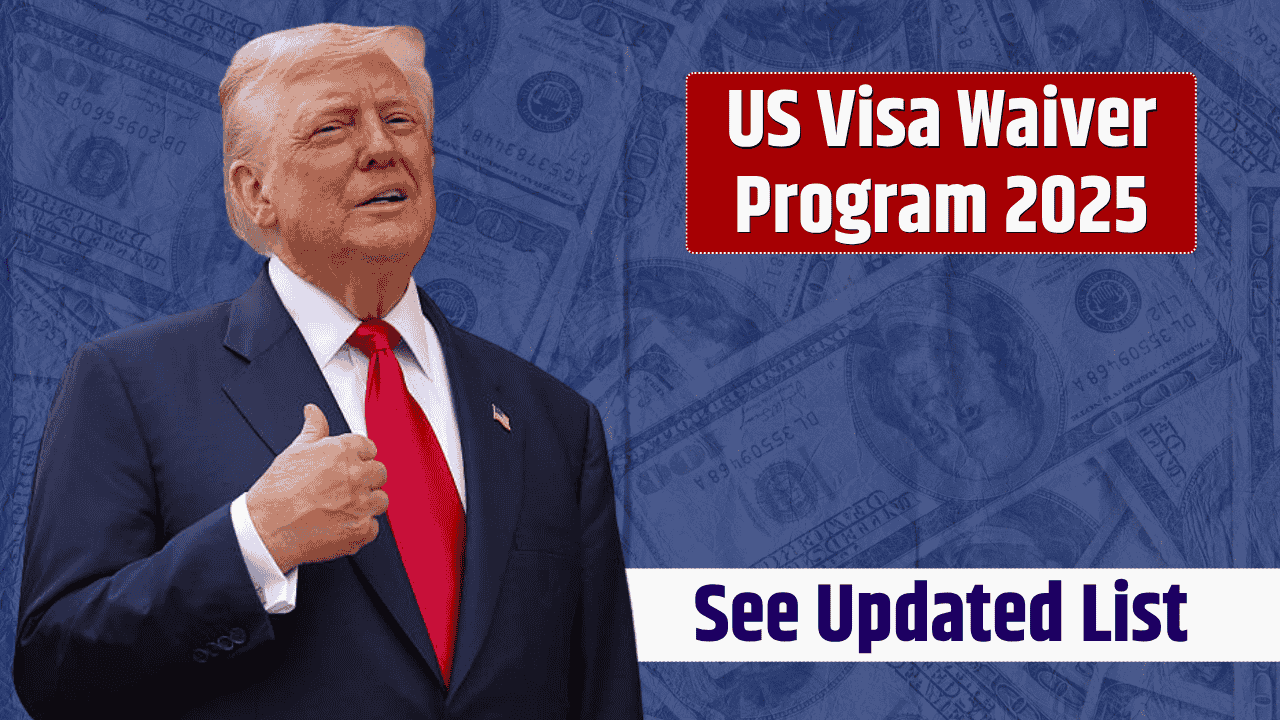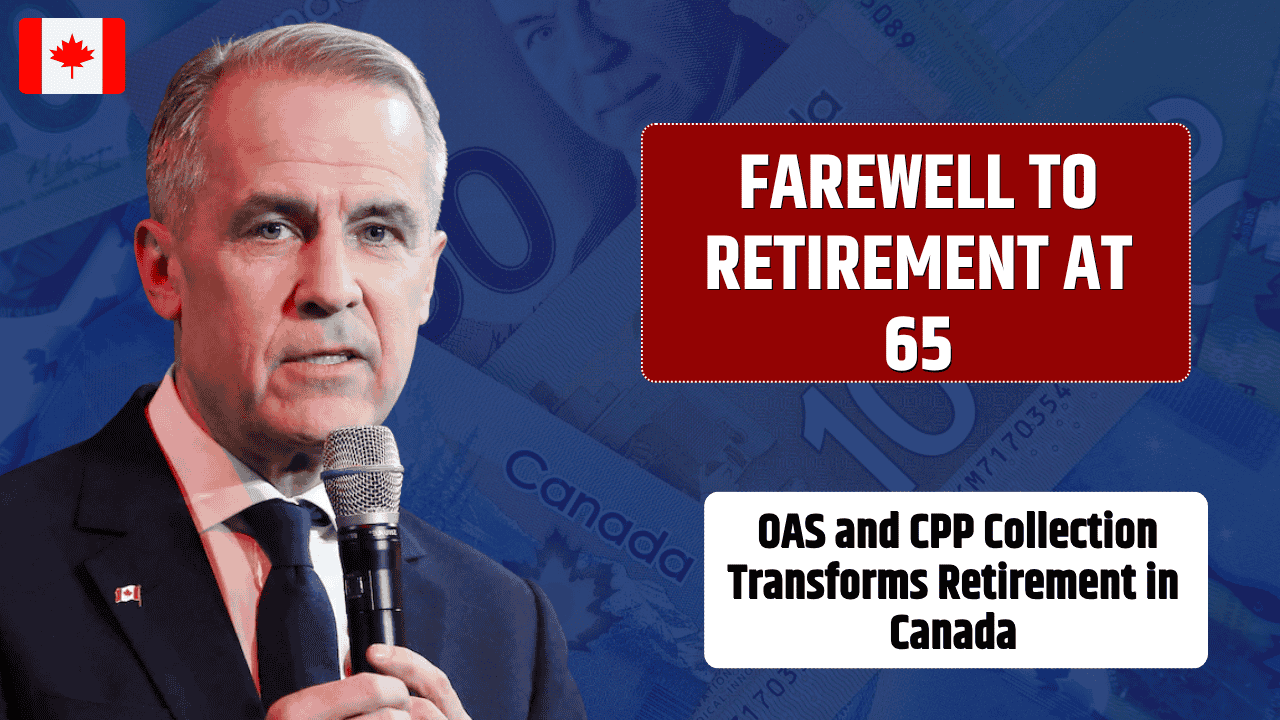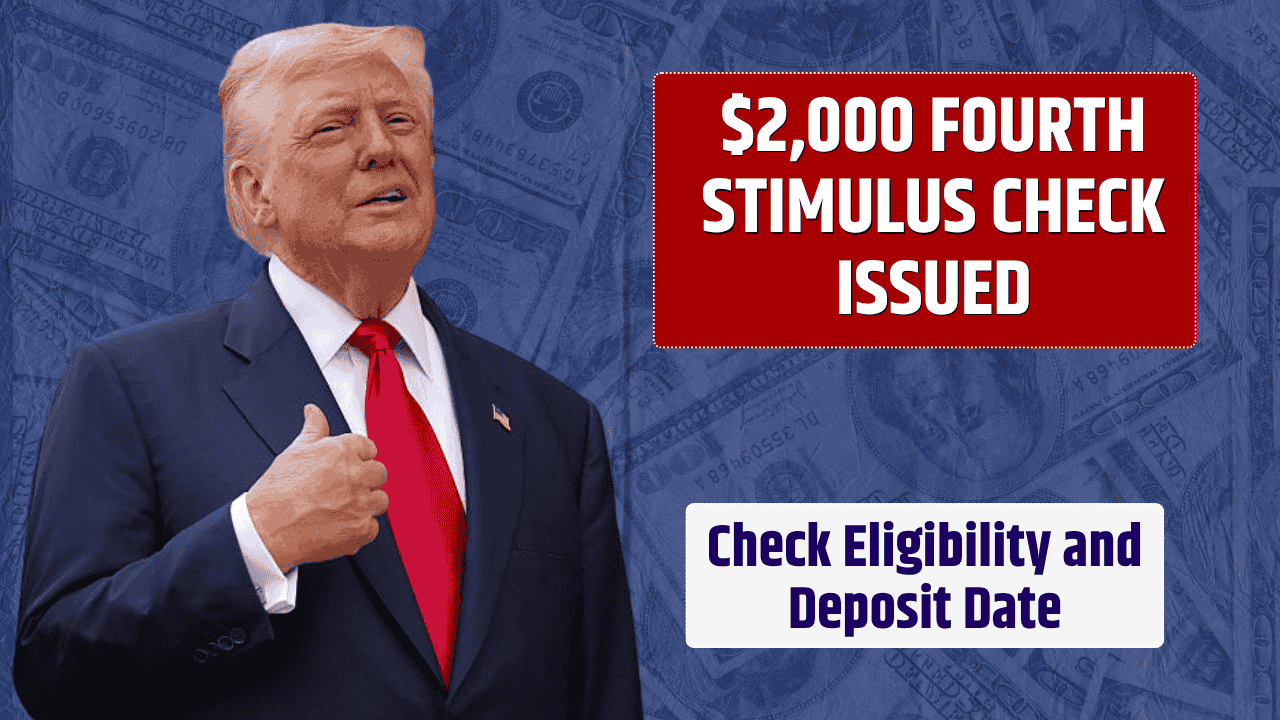Ever had your phone buzz with a random promo text from Cash App, even though you never signed up for that nonsense? Yeah, you weren’t imagining it. Turns out, Cash App (yes, that Cash App) got itself tangled in a class action lawsuit for allegedly sending spammy text messages to folks across the U.S.—without their permission.
And now? They’re paying up. $12.5 million, to be exact.
Let’s break this whole saga down, plain and simple. Because if you’re one of the people who got spammed, there might be a check (or direct deposit) coming your way—up to $147. No strings attached, no catch. Just justice… in the form of a small payout.
The Drama: What Did Cash App Actually Do?
Cash App got hit with a lawsuit for violating the Telephone Consumer Protection Act (TCPA). That law makes it illegal for companies to blast you with marketing texts unless you’ve given them clear, documented permission.
Here’s what happened:
- People received unsolicited texts from Cash App, often promoting referral links or special offers.
- These messages came out of nowhere—many recipients didn’t even have a Cash App account.
- A federal court got involved, and a class action lawsuit was filed.
- Cash App didn’t admit guilt… but they also didn’t fight it. Instead, they agreed to settle for $12.5 million, which is legal speak for “Let’s just pay and make this go away.”
So, Who Gets Paid?
Good question. Here’s what makes you eligible:
| Eligibility Requirement | Details |
|---|---|
| You live in the U.S. | This lawsuit is only for U.S. residents |
| You received unsolicited Cash App texts | Even if you’re not a Cash App user |
| You apply before the deadline | Check the official settlement website |
You don’t need to still use Cash App. You don’t need to remember the exact date you got spammed. If your number was on the receiving end of one of those texts during the specified period (usually mentioned in the court documents), you can file a claim.
How Much Money Are We Talking?
If you qualify, you can get up to $147. That’s around ₹12,250 for my Indian readers keeping tabs (though, sorry, you’re not eligible if you live outside the U.S.).
But here’s the catch: that amount depends on how many people file claims. If a million people apply? Your share might shrink. If fewer apply? You get a bigger slice.
The money is paid after deducting lawyers’ fees, admin costs, etc. Still, even if you walk away with $40–$100, that’s free money for something you didn’t ask for in the first place.
How Do You Claim It?
Super simple:
- Go to the official settlement website (Google it or check your court-approved email notice).
- Fill out the claim form—it’s short.
- Choose your payment method: check or direct deposit.
- Submit before the deadline (don’t procrastinate).
That’s it. No need to upload screenshots or prove you got the message—your number will be matched against their internal records.
Wait—Why Should I Care If I’m in India?
If you’re in India, you can’t file a claim. But you should care, and here’s why:
Digital consent is a serious thing. This case sets a precedent, especially for fintech and app-based platforms. Whether it’s PayTM, PhonePe, Google Pay, or anything else—companies can’t just decide to text you or bombard you with emails because you downloaded their app once.
If they do, they’re violating your digital rights.
What Is a Class Action Lawsuit Anyway?
Picture this: one person sues on behalf of thousands of people with the same complaint. Instead of filing thousands of separate lawsuits, they bundle it together.
Benefits?
- It’s efficient.
- It gets companies’ attention.
- Everyone gets a piece of the payout.
So in this Cash App case, a group of users teamed up, filed one collective suit, and boom—$12.5 million on the table.
Cash App’s Reputation? Yeah, It’s Taken a Hit
Let’s be real. This isn’t a good look for a company that literally manages people’s money. Trust is everything in fintech. While Cash App didn’t admit to wrongdoing, this quiet payout speaks volumes.
They’d rather cut a fat check than argue about spam texts in court. And in doing so, they’ve handed out a public lesson to every other app out there: get proper user consent, or get ready to pay up.
Final Thoughts
Look, nobody likes waking up to spam texts—especially from a company holding your cash. But this time, users fought back. And won.
So if you’re in the U.S. and ever got an unwanted Cash App message, don’t let $147 slip through your fingers. That money’s got your name on it. Well, maybe. Check and see.
And for the rest of us? Take this as a wake-up call to stay alert, protect your data, and speak up when your digital boundaries are crossed.
FAQs
Do I need to still have a Cash App account to be eligible?
Nope. If you got the spammy text, you’re eligible—account or not.
Can Indian users file a claim?
No. This is strictly for U.S. residents.
How do I file the claim?
Visit the official settlement website, fill out the form, and choose your payment method.
When will the money come?
Once all claims are processed and approved—usually a few months after the deadline.
Is this legit? Or a scam?
Totally legit. It’s a court-approved class action settlement.

